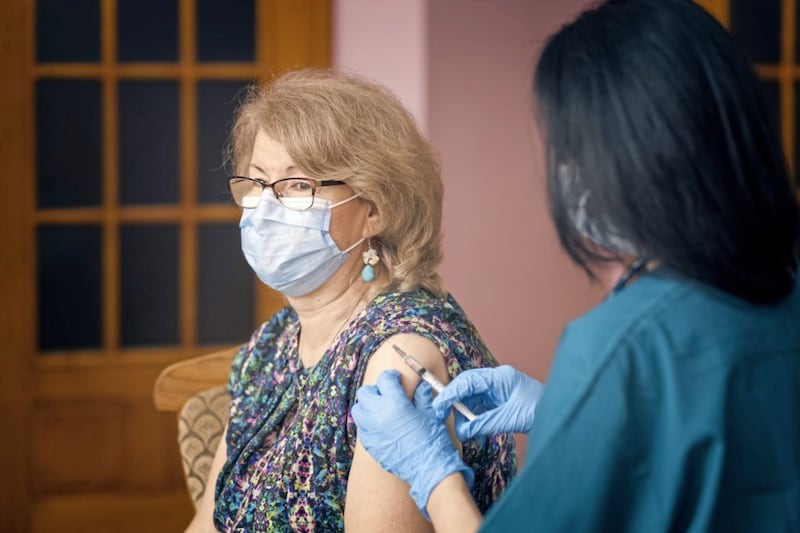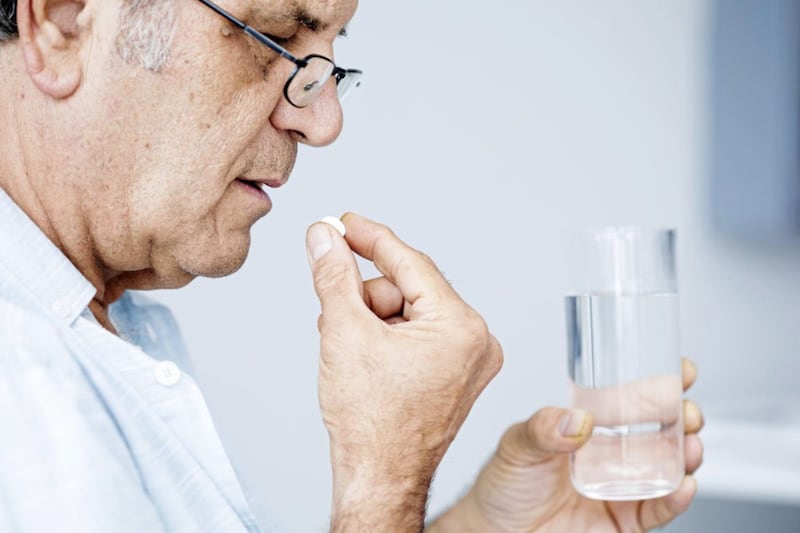DIAGNOSING a mental illness such as depression isn’t simply about spotting that someone is unhappy.
Depressive illness is the most common psychiatric disorder that GPs see, yet few patients actually complain of the one symptom you might expect – sadness or feeling low.
The condition is so much more than that and, in fact, a very physical illness, but it’s difficult to pin down.
I prefer to use the term ‘depressive illness’ because I think it underlines the fact that it’s not the same as the mood we may call depression, a normal response when bereaved, or out of work, or when a relationship fails.
Many people who experience this disorder are overwhelmed with fatigue. They’ll often admit to memory problems, poor concentration and loss of interest in things they would normally enjoy. There may be weight loss, an irrational fear of cancer, or feelings of anxiety that are out of proportion to life events.
It is easy to miss this diagnosis, especially when time is short, and those with depressive illness – who often have feelings of guilt – are even more likely than usual to refrain from complaining about how they feel.
What we’ve always needed is a biological marker – something we can test for (in the same way that we measure blood sugar as a test for diabetes) which can confirm the diagnosis.
There have been several searches, but so far such a finding has remained elusive.
Last month, a study into earwax revealed that hormone levels within the wax could be a possible marker for depression.
It’s a novel approach – but very welcome if it helps us help more patients.
© Solo dmg media








